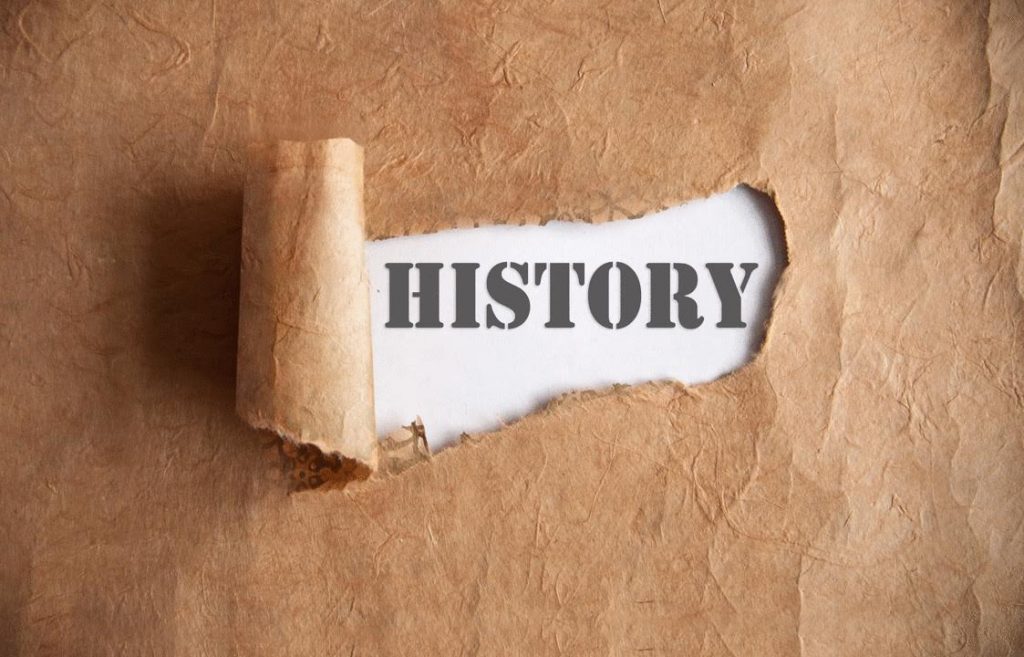One key thing you must do to get a good mark in history
To get a good mark in a history essay, you must answer the question. Sounds easy, doesn’t it? Yet any history examiner will tell you that every year they give low marks to students who do not answer the question. It is clear that the student has worked hard on the essay and it may be well written and structured, but it is impossible to give it a good grade because it simply doesn’t answer the question.
Why does it happen?
- The student hasn’t read the question carefully and has missed some important information
- The student has misunderstood what they are being asked to do
- The wording of the question is unusual or not as expected
A student sitting an exam is often feeling stressed and good exam technique goes out of the window under pressure. The worst-case scenario is when the student doesn’t know how to get to the answer, so simply writes everything they can remember about the topic. They hope the examiner will be so impressed with the narrative they won’t notice the lack of analysis. They will notice and they will mark accordingly!
How to write a good history essay
The good news is that there are tried and tested techniques to help students avoid these pitfalls. Every good history tutor will be able to offer strategies for tackling every type of essay you might encounter. There are too many techniques to list here, but the following will give you a good start:
- Ask exactly what the question wants you to do? Do you have to explain, assess, make a judgement, or something else? For example, if the question asks ‘how far’ or ‘to what extent’ it is asking you to assess the evidence and make a judgement based on your knowledge of the topic.
- Once you have decided what you need to do, think about what material you should include in your answer. Be selective and choose what is relevant to your assessment or judgement. Only include evidence that backs up your ideas, gives a clear example or adds to your argument. Don’t just include content for the sake of it – it absolutely must be relevant to the question.
- Plan your answer before you start to write and check that you have answered the question. Ask yourself ‘have I answered the question?’ If the answer is ‘no’, you need to re-draft your plan at that point. Don’t wait until you are halfway through writing your essay before you realise you have drifted off the topic. A marker or examiner will simply stop adding marks when you go off topic and will start awarding more marks when you get back on track – anything irrelevant to the question won’t get you marks.
Writing good history essays is a skill that comes with practice and constructive feedback from your teacher or tutor. The points above will get you started and remember, whatever else you do, answer the question!
Related: How to structure AQA A-level History essays & HISTORY GCSE OR A-LEVEL: 3 PROVEN WAYS TO RAISE GRADES
About Dr Rose
Dr Janet Rose is an international tutor who teaches English and History for The Tutor Team. See her profile here
Janet also manages The Tutor Team Facebook page, where you can get study tips, educational videos and posts every week.


